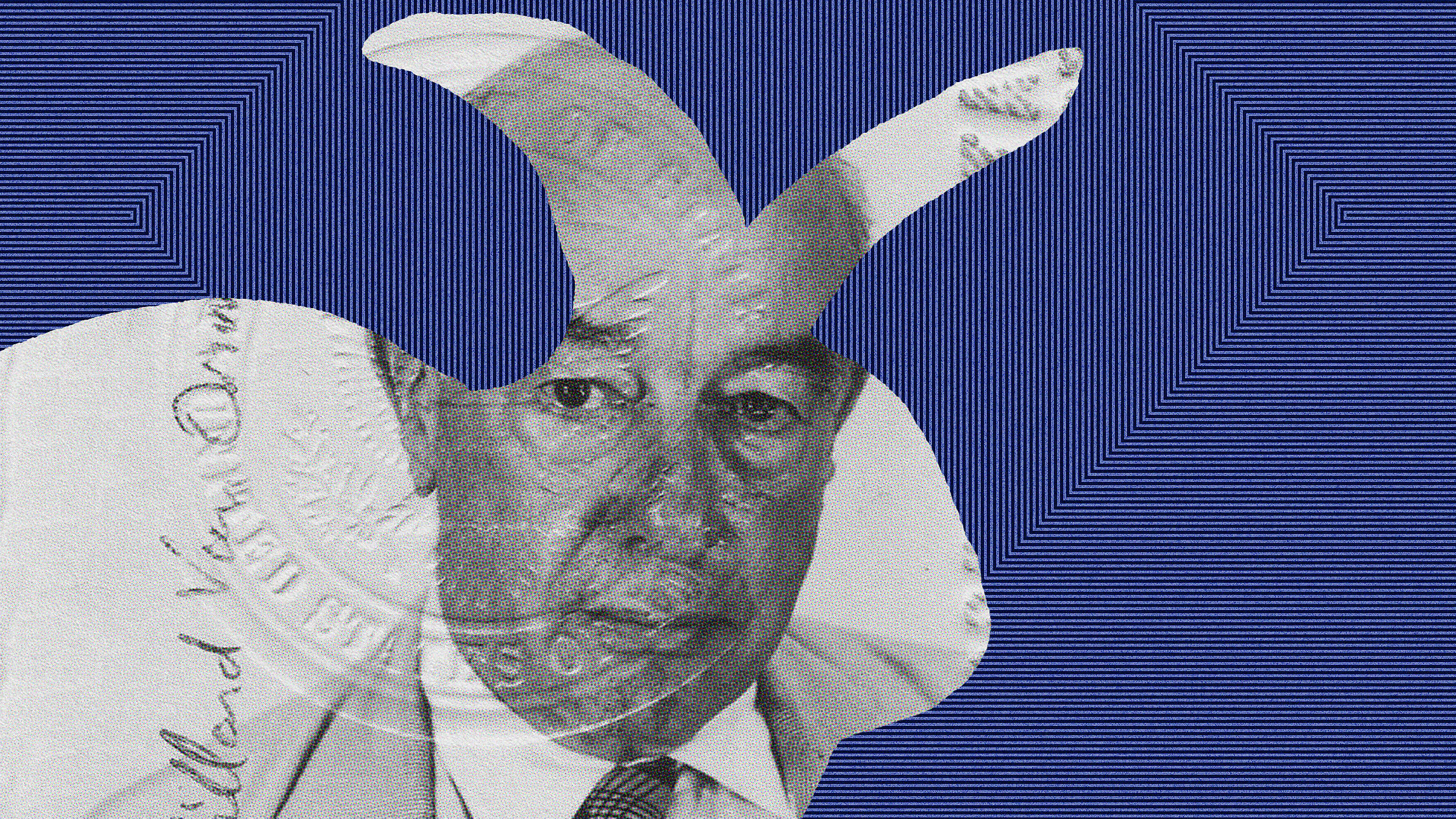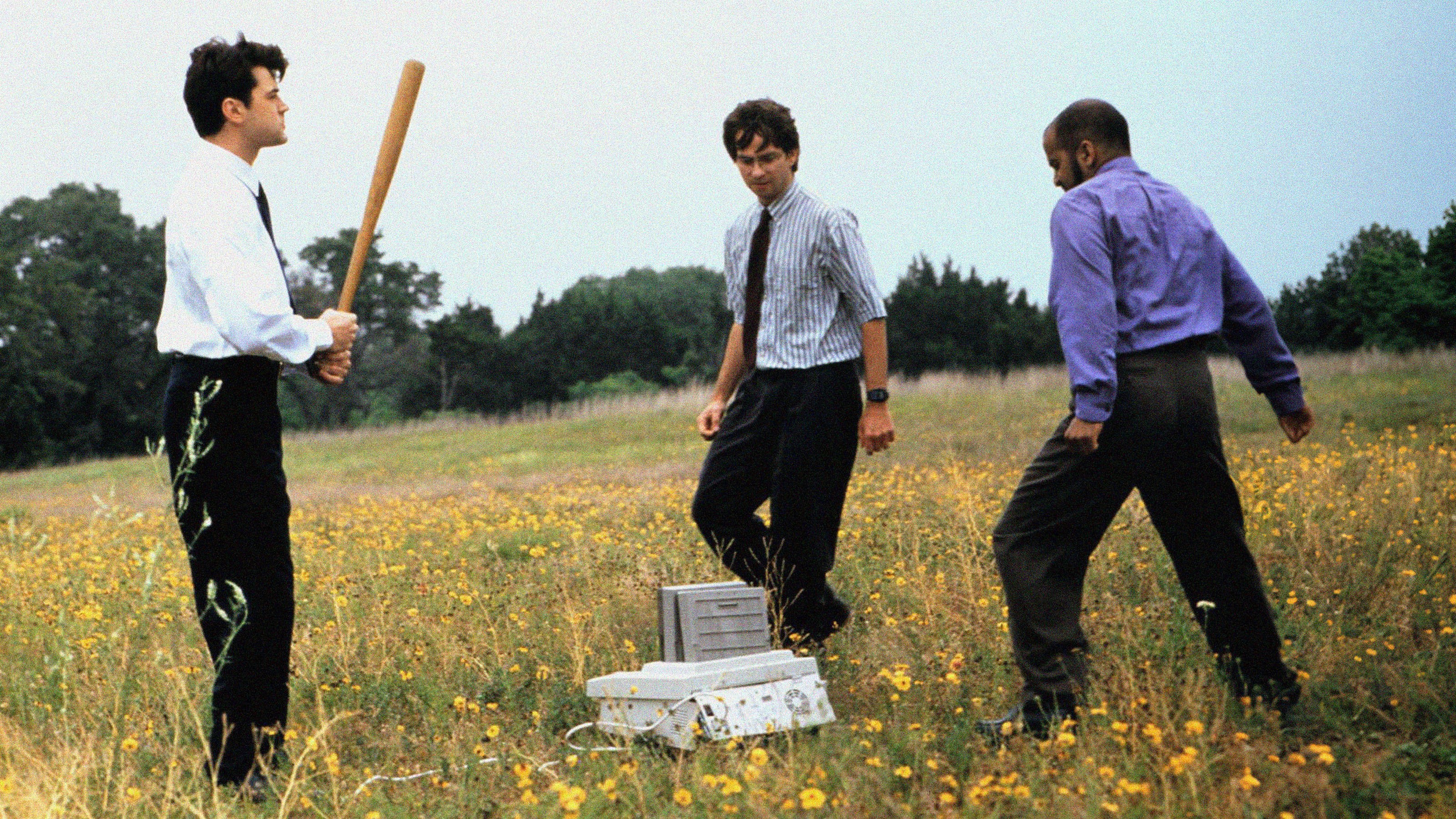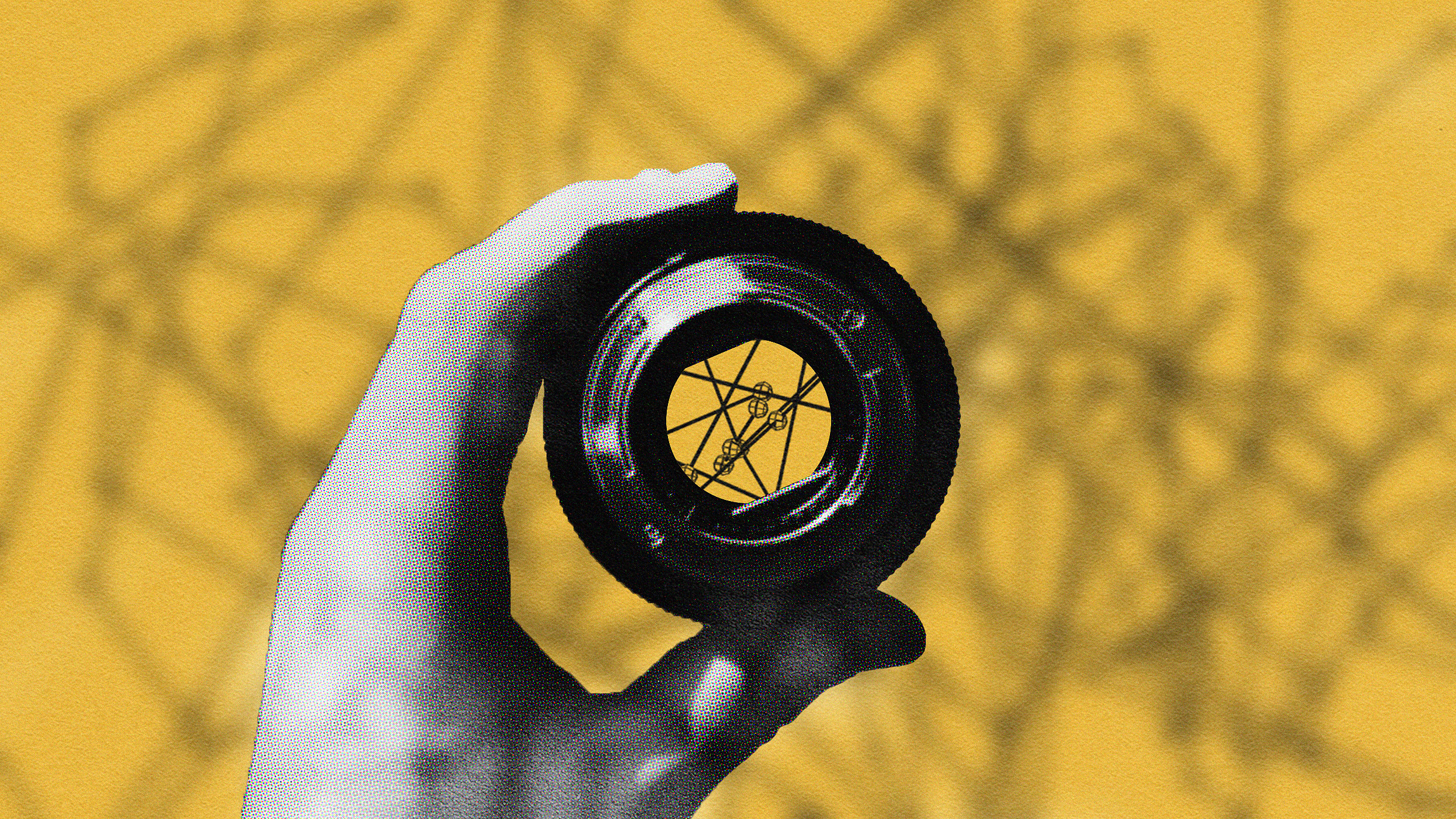ROBERT LANGER: I think that the teacher and the leader, they're all together. I don't think of them as distinct parts of what I do. When I run the lab I feel like I'm teaching the graduate students and the postdocs partly by example, partly "we're all in this together." And I think that they go together. My hope is that when people leave this lab they're stronger, better people. That they're leaders themselves—and that, in fact, has happened. I mean we have over 300 people who have left the lab who are professors who lead their own lab; we've had many people leave the lab who've become presidents of companies, who've started their own companies, who've become CEOs. So they've become leaders, and that's what I love to see.
Well, I don't know that there's any one set of qualities, I've seen leaders succeed in different ways, but, to me, the kinds of things I think I probably do are try to impart to the people who work for me or work with me the fact that you want to make an impact on the world, you want to make it a better place, you want to treat people well. And you want to really think that almost anything is possible.
And I guess finally the way I try to deal with people, for the most part, is try to provide what I'll call positive reinforcement. If somebody does something good I want to let them know it rather than, say, yelling at them and saying, "You should work harder!" I want people to work hard because they want to, not because they have to.
Well, the way I try to foster this idea of discovery and invention is partly by example. If somebody comes in and they're doing a thesis, I try to get them to think about, "Well, what will be important?" I might shape it in some very general way, but I want people to just think. I don't want to just say, "Here, do this," I want to be a guide.
Another way I sometimes think about it is this—because I'm dealing with graduate students and postdocs—so the way I often think about it is, if somebody is a graduate student or a postdoctoral fellow, almost their entire life up until then they've been judged, say by grades or other means, by how well they give answers to other people's questions. But in life, in my opinion, what's really important is not the answers that you might give—though that's important—but the really important thing is the questions you ask. Are you asking really important questions, or are you asking medium-important questions, or unimportant questions?
I think the key to it is to help somebody go from somebody who gives good answers to somebody who asks good questions. Because, in the end, questions are going to be what's key. So that's really what I want to see.





